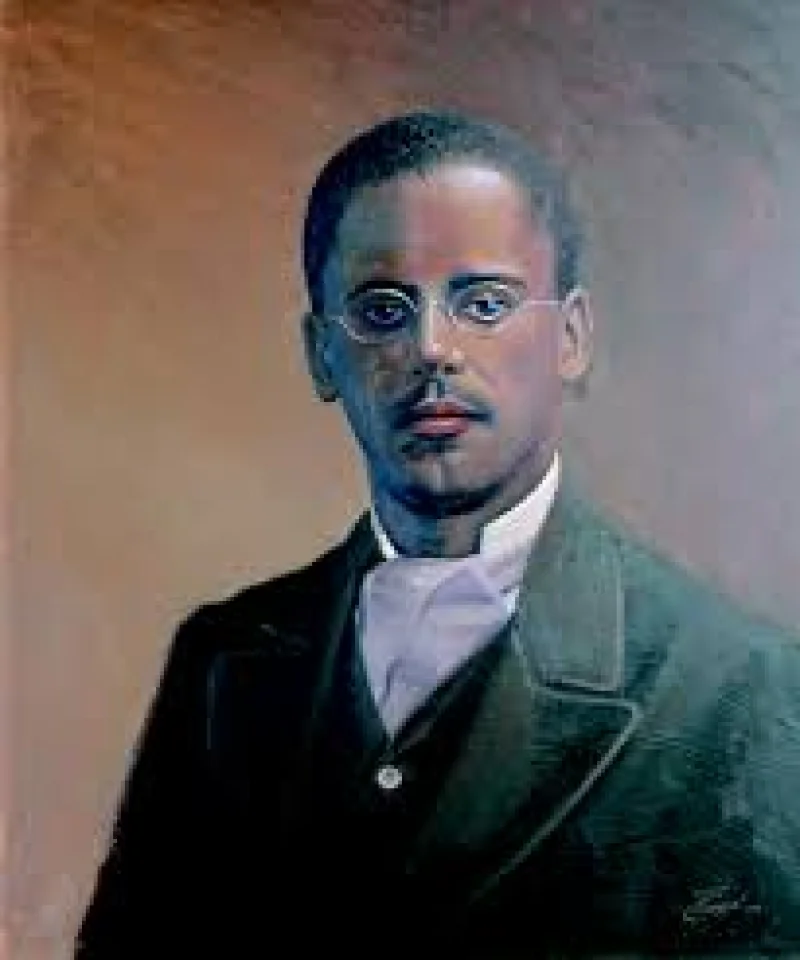Short Summary
Clyde Tombaugh was an American astronomer best known for discovering Pluto in 1930. His discovery marked one of the most significant astronomical events of the 20th century. His work extended beyond Pluto, as he contributed to the understanding of the solar system and the development of telescopic technology. Tombaugh's legacy continues to influence contemporary astronomy, and he remains a celebrated figure in the field.
Early Life & Education
Clyde Tombaugh was born on February 4, 1906, in Streator, Illinois, to a family of modest means. His early years were spent on a farm in Kansas, where he developed an interest in astronomy using a homemade telescope. Despite financial difficulties, Tombaugh was determined to pursue his passion for astronomy. After high school, he worked on his family's farm while continuing his self-education in astronomy through correspondence courses. His dedication caught the attention of the Lowell Observatory, which led to his employment there in 1929. Tombaugh eventually pursued formal education at the University of Kansas, where he earned bachelor's and master's degrees in astronomy.
Career Highlights
Clyde Tombaugh's career began in earnest when he joined the Lowell Observatory in 1929. He was tasked with conducting a systematic search for a hypothetical ninth planet, which led to his discovery of Pluto on February 18, 1930. This discovery catapulted him to international fame. Tombaugh continued his work at the observatory, contributing to the study of asteroids and developing innovative telescopic techniques. In the 1940s, he served in the U.S. military, applying his expertise to the development of optical systems for missile tracking. Later, he joined New Mexico State University, where he taught astronomy until his retirement.
Major Achievements
- Discovered Pluto in 1930, expanding the known boundaries of the solar system.
- Developed advanced telescopic techniques, improving the accuracy of astronomical observations.
- Contributed to the study of asteroids, discovering several during his career.
- Played a role in the development of military optical systems during World War II.
- Authored numerous scientific papers, enriching the field of astronomy.
Famous Quotes
- "I have no regrets about my career or anything else. I am satisfied with my life."
- "I think that the discovery of Pluto is a symbol of the human spirit's ability to explore and expand our knowledge."
Interesting Facts
- Pluto was initially considered the ninth planet, but was reclassified as a dwarf planet in 2006.
- Tombaugh was an avid supporter of the search for extraterrestrial life.
- He designed his first telescope at the age of 20 using parts from farm equipment.
- Tombaugh's ashes were placed aboard the New Horizons spacecraft, which flew by Pluto in 2015.
- He discovered more than 800 asteroids during his career.
Legacy / Influence
Clyde Tombaugh's discovery of Pluto significantly impacted the field of astronomy, opening new avenues for planetary science and exploration. His dedication to education and innovation influenced future generations of astronomers and scientists. The continued study of Pluto and the Kuiper Belt remains a testament to his pioneering spirit and contributions to understanding the solar system.
FAQ
Q: Why is Clyde Tombaugh famous?
A: Clyde Tombaugh is famous for discovering Pluto in 1930.
Q: Did Tombaugh have formal education in astronomy?
A: Yes, he earned bachelor's and master's degrees in astronomy from the University of Kansas.
Q: What did Tombaugh do during World War II?
A: He worked on developing optical systems for missile tracking for the U.S. military.
Q: Where are Tombaugh's ashes now?
A: Some of Clyde Tombaugh's ashes were placed aboard the New Horizons spacecraft, which visited Pluto in 2015.













